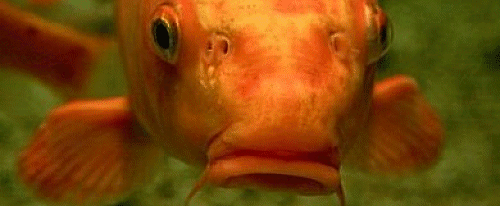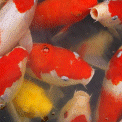 |
Fish Disease Diagnosis |
|
|
|
||
dropin 3 |
Depending on the water chemistry, stocking levels and pond design, it is possible to have substantial fluctuations of pH, temperature and other parameters over a 24-hour period. Constant changes - even if they stay within the preferred range are liable to be extremely stressful, as the fish have to constantly adapt to changing conditions. An example might be pH that varies between, say 7 in the morning, rising to 9-10 in the evening on a hot sunny day. Apart from stressing the fish, it will have other implications for other water chemistry aspects such as ammonia and many common disease treatments. Water that constantly fluctuates in quality and conditions cannot be said to be good water qua Hopefully, this overview has given food-for-thought about what we mean by good water quality. Based on these criteria, how many of us can honestly claim to have excellent water quality all of the time? The rest of the pages in the water quality section explain more about water; how it is formed, how variations in quality or chemistry can affect fish health and what steps to take to create optimum conditions for your fish. |
module_subrightnav
|
|||||||||||||||||||||||||||||||||||||||
MOdule Subart2 |
|||||||||||||||||||||||||||||||||||||||||
|
What if you could just get "Here's what to treat with." and no advice or education?
VISIT: h t t p s : / / f i s h t r e a t m e n t s . c o m
|
Expanded Content by Dr. Erik Johnson, DrJohnson.com and Used with Permission; Frank Prince-Iles ©2009 All Rights Reserved




